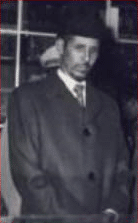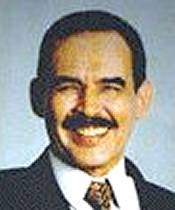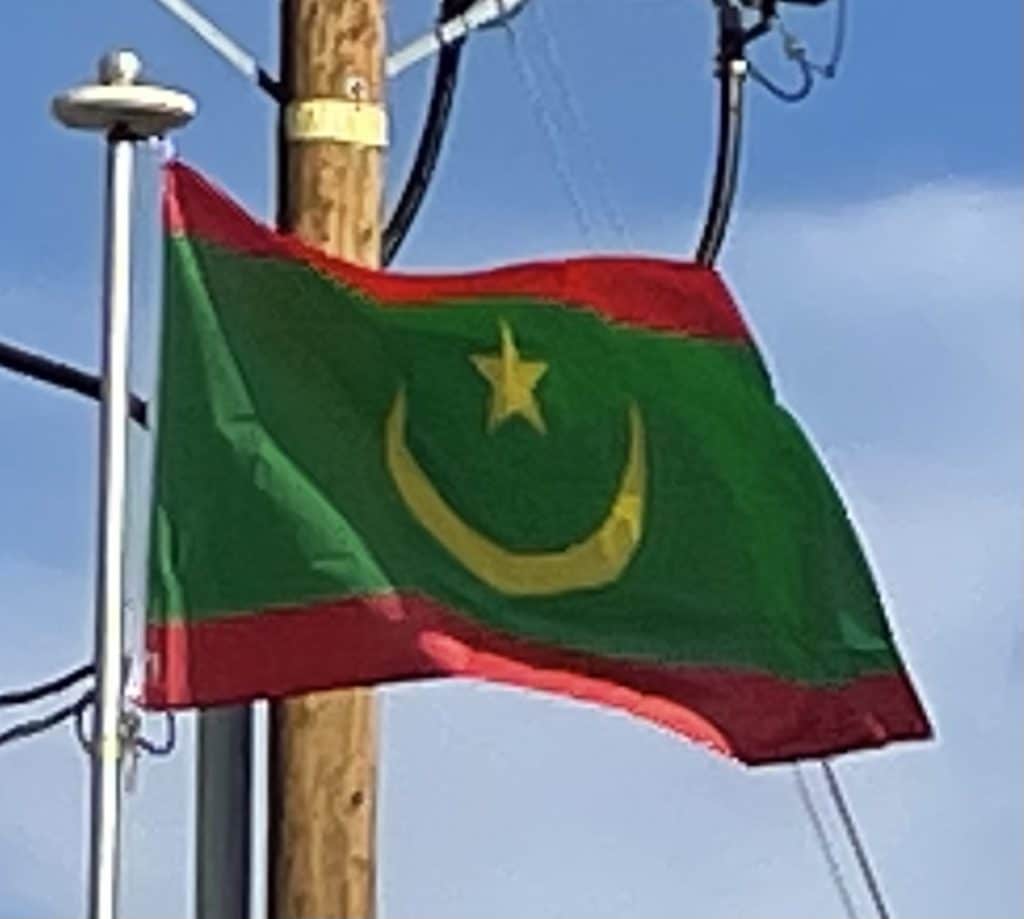The energetic Colonel Mohamed Khouna Ould Haidallah soon emerged as its strongman. By giving up all claims to Western Sahara, he found peace with the Polisario and improved relations with its main backer, Algeria. But relations with Morocco, the other party to the conflict, and its European ally France deteriorated. Instability continued, and Haidallah’s ambitious reform attempts foundered. His regime was plagued by attempted coups and intrigue within the military establishment. It became increasingly contested due to his harsh and uncompromising measures against opponents; many dissidents were jailed, and some executed. In 1981 slavery was formally abolished by law, making Mauritania the last country in the world to do so.

Modern-day slavery still exists in different forms in Mauritania. According to some estimates, thousands of Mauritanians are still enslaved. A 2012 CNN report, “Slavery’s Last Stronghold,” by John D. Sutter, describes and documents the ongoing slave-owning cultures. This social discrimination is applied chiefly against the “black Moors” (Haratin) in the northern part of the country, where tribal elites among “white Moors” (Bidh’an, Hassaniya-speaking Arabs and Arabized Berbers) hold sway. Slavery practices exist also within the sub-Saharan African ethnic groups of the south.
Ould Taya’s rule (1984–2005):
In December 1984, Haidallah was deposed by Colonel Maaouya Ould Sid’Ahmed Taya, who, while retaining tight military control, relaxed the political climate. Ould Taya moderated Mauritania’s previous pro-Algerian stance, and re-established ties with Morocco during the late 1980s. He deepened these ties during the late 1990s and early 2000s as part of Mauritania’s drive to attract support from Western states and Western-aligned Arab states. Mauritania has not rescinded its recognition of Polisario’s Western Saharan exile government, and remains on good terms with Algeria. Its position on the Western Sahara conflict is, since the 1980s, one of strict neutrality.

Political parties, illegal during the military period, were legalized again in 1991. By April 1992, as civilian rule returned, 16 major political parties had been recognized; 12 major political parties were active in 2004. The Parti Républicain Démocratique et Social (PRDS), formerly led by President Maaouya Ould Sid’Ahmed Taya, dominated Mauritanian politics after the country’s first multi-party elections in April 1992, following the approval by referendum of the current constitution in July 1991. President Taya won elections in 1992 and 1997. Most opposition parties boycotted the first legislative election in 1992. For nearly a decade the parliament was dominated by the PRDS. The opposition participated in municipal elections in January–February 1994, and in subsequent Senate elections – most recently in April 2004 – and gained representation at the local level, as well as three seats in the Senate.
This period was marked by extensive ethnic violence and human rights abuses. Between 1990 and 1991, a campaign of particularly extreme violence took place against a background of Arabization, interference with blacks’ association rights, expropriation and expatriation.
In October 1987, the government allegedly uncovered a tentative coup d’état by a group of black army officers, backed, according to the authorities, by Senegal. Fifty-one officers were arrested and subjected to interrogation and torture. Heightened ethnic tensions were the catalyst for the Mauritania–Senegal Border War, which started as a result of a conflict in Diawara between Moorish Mauritanian herders and Senegalese farmers over grazing rights. On 9 April 1989, Mauritanian guards killed two Senegalese.
